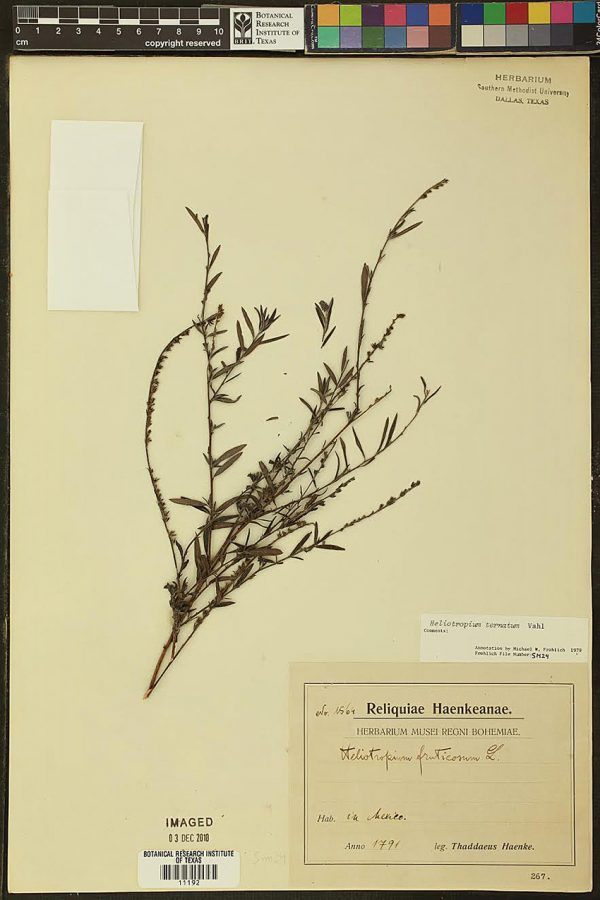UT Arlington and the Botanical Research Institute of Texas, or BRIT, are blossoming in their new research collaboration.
During an opening ceremony at BRIT in January, research officials said the program could lead to future job creation and the production of new biofuels and larger crop yields. The partnership allows UTA doctoral students to use BRIT’s botanical resources to conduct conservation-orientated research.
Located in Fort Worth, BRIT research focuses on conservation and addressing global challenges such as developing sustainable food sources. According to Peter Fritsch, director of the BRIT herbarium, UTA students will have access to BRIT’s plant collection of almost one million specimens.
He added that BRIT will also share a botanical library of over 100,000 books, press for internal and external publications and the guidance of expert botanists specializing in biodiversity, systematics and conservation.
“It makes sense to use these resources in the formal training of the next generation of plant scientists,” Fritsch said. “UTA is a great fit in this regard because the university is very strong in general biology but not currently focused strongly on botany.”
The partnership is part of UTA’s Strategic Plan 2020, “Bold Solutions, Global Impact,” which aims to use research and collaborative learning to advance their influence around the world. UTA Associate Dean James Grover said the collaboration was based on shared research interests.
“We anticipate projects in areas such as biodiversity, conservation and plant resources,” Grover said. “The most exciting part is the interaction with world-class plant scientists and the discovery of common research interests.”
UTA biology department chairman Clay Clark told the Fort Worth Star-Telegram that the department has 60 Ph.D students and 45 masters students. He estimated that 15 to 20 doctoral students would enter the research collaboration at one time.
Fritsch said students will research conservation measures and help identify unknown plant species with potential use in ecology or agriculture. He added that BRIT also plans to teach seminars helping botanical students with graduate theses and research credits.
“We will train them to understand and solve problems concerning the global environmental challenges we face,” Fritsch said. “I am excited to get students excited about plant diversity and the critical role plants play in human survival and well-being.”












